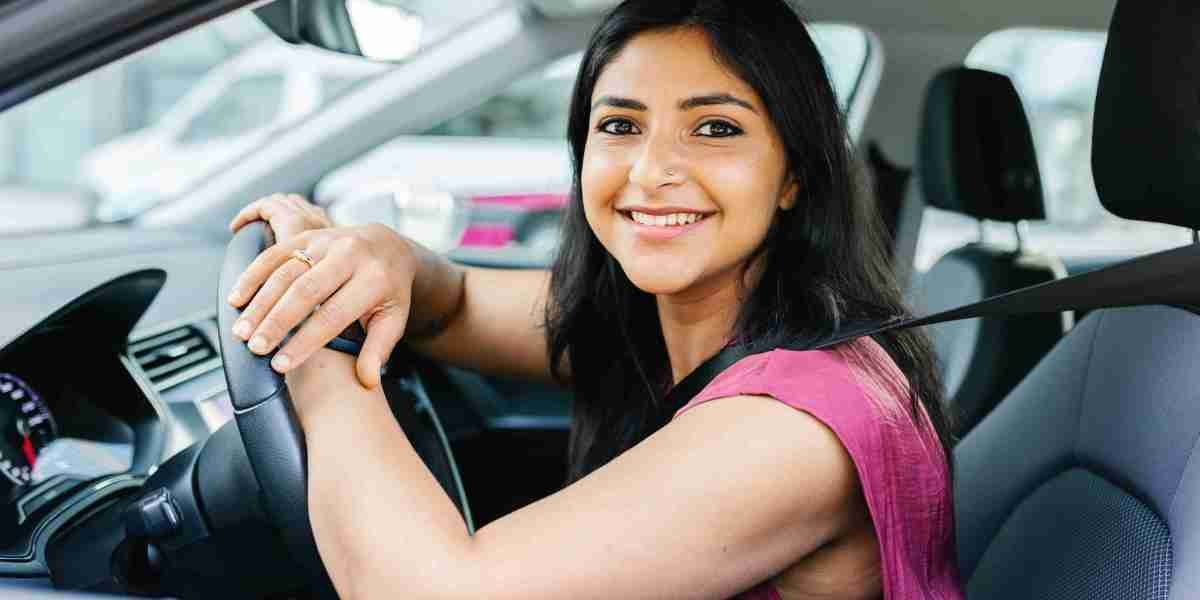
Understanding the UK Driving License: Requirements, Types, and FAQs
In the United Kingdom, acquiring a driving license is a crucial step for lots of people looking for independence and mobility. The UK driving license system is structured and thorough, focused on ensuring that all drivers are qualified and roadworthy. This post will dive into the specifics of obtaining a UK driving license, the different kinds of licenses readily available, and address some regularly asked concerns to supply a clearer understanding of this necessary element of British law.
Kinds Of UK Driving Licenses
The UK offers various classifications of driving licenses based upon the type of lorry that people wish to run. Comprehending these categories is essential for both brand-new drivers and those seeking to upgrade their existing licenses. The main types consist of:
Full Driving License: This is the most typical kind of license, enabling people to drive cars and trucks and other automobile.
Provisional Driving License: This is released to new drivers who have actually applied to take their driving test. It permits students to drive under particular conditions (e.g., accompanied by a certified driver) while they prepare for their driving test.
Bike License: This permits people to run motorcycles. The bike license can further be partitioned into:
- AM: Moped license
- A1: Light motorcycle license
- A2: Medium motorcycle license
- A: Full bike license for bigger bikes
Industrial Driving License: For those who mean to drive commercial vehicles, such as buses or heavy products vehicles (HGVs). These licenses require extra recommendations and training.
Driving License for Special Vehicles: This includes licenses for specific automobile types like tractors or certain kinds of farming machinery.
Requirements for Obtaining a UK Driving License
1. Age Requirement
To obtain a provisionary driving license in the UK, an individual should be at least 17 years of ages. However, one can request a license at 16 if meaning to drive a moped.
2. Residency and Identification
Applicants need to be citizens of the UK and provide recognition. Appropriate types of ID consist of:
- Passport
- Birth certificate
- National Identity Card
3. Medical Fitness
Candidates should state if they experience any medical conditions that may affect their capability to drive. Some conditions require a medical exam or notification to the Driver and Vehicle Licensing Agency (DVLA).
4. Passing the Theory Test
Before obtaining a practical driving test, prospects should pass a theory test. This test examines understanding of the Highway Code, roadway indications, and safe driving practices. It includes:
- A multiple-choice section
- A threat perception test
5. Practical Driving Test
When the theory test is passed, candidates can reserve a useful driving test. This evaluation assesses an individual's driving abilities behind the wheel and guarantees they can operate a vehicle securely in various conditions.
6. Application Process
Lastly, people must complete a driving license application type and pay the appropriate charge. This form can be finished online or through paper applications readily available at post offices.
Reasons to Obtain a UK Driving License
Getting a driving license opens numerous chances for individuals:
- Independence: Driving enables for greater liberty in personal travel, removing the need to count on public transportation.
- Work: Many tasks require a full driving license, especially positions involving transport or travel.
- Safety and Responsibility: Learning to drive enhances the importance of road safety and the obligations that come with operating a vehicle.
Frequently Asked Questions (FAQs)
1. For how long does it require to get a driving license in the UK?
The time it requires to get a driving license varies from individual to person. After acquiring the provisionary license, it often takes numerous months to discover and prepare for the tests. The process might take longer for those who battle with the theoretical or practical components.
2. Can I drive instantly after passing my test?
- Full Driving License: Yes, you can drive as quickly as you've passed your useful driving test, provided you have your full driving license.
- Provisionary Driving License: If you have a provisionary license, you should still follow the rules (e.g., having a qualified driver accompanying you till you pass).
3. Can I drive in other countries with a UK driving license?
Yes, a UK driving license is usually recognized in many nations worldwide. Nevertheless, it is suggested to inspect the requirements for the specific country, as some might need an International Driving Permit (IDP) in addition to the UK license.
4. What should I do if I lose my driving license?
If a driving license is lost, the individual needs to report it to the DVLA as soon as possible and request a replacement license online or by sending a paper type. This generally needs a cost.

5. Can I drive if I have a medical condition?
Many medical conditions can affect a person's ability to drive. It is important to inform the DVLA about any diagnosis that may impair safe driving. The DVLA will examine each case on a private basis, and driving may be limited or briefly banned up until medical fitness is confirmed.
The procedure of acquiring a UK driving license is designed to be extensive to ensure the security of all road users. By understanding the requirements, types of licenses, and knowing the answers to common questions, potential drivers can browse their journey toward driving self-reliance with confidence. Whether for personal usage or professional reasons, a UK driving license is an important property that allows individuals to engage with the world around them more easily.





